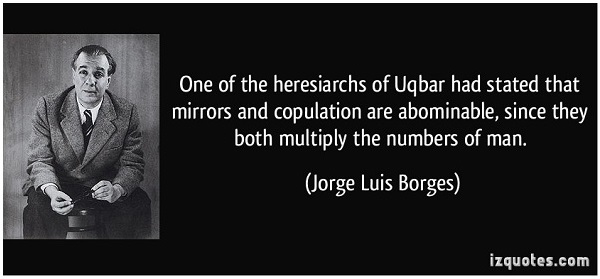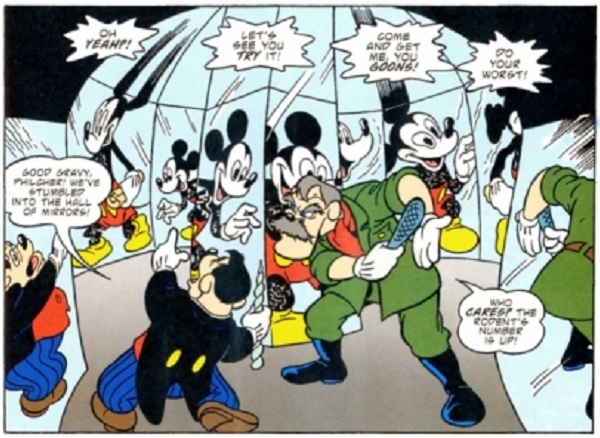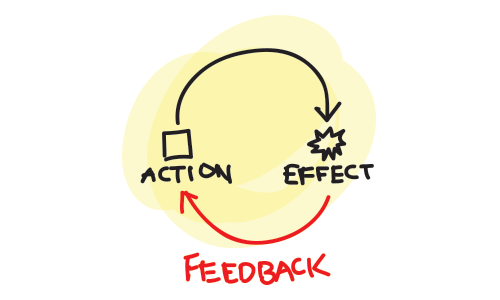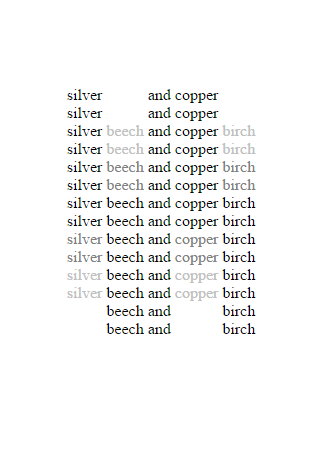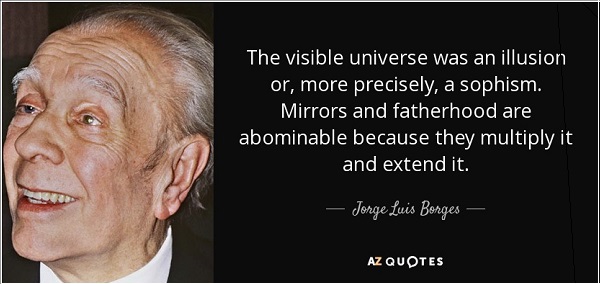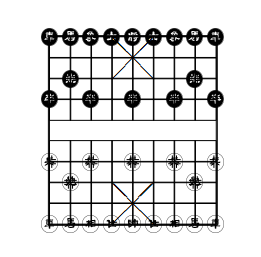A Dream of Two Headlines
Friday, December 13th, 2019[ by Charles Cameron — a meeting of the opposites in the Lutheran and Catholic martyrologies ]
.
I dreamed of two headlines, one occupying most of the page with its sub-head, author’s name, and first few paragraphs, enough to tell the tale — “Naval Academy Midshipman Charged With Setting Fire to Historic Documents” — and in the margin, that other — “Scottish church suspects some lillibethians among its martyrs.”
I’m not interested, today, in the Naval Academy outrage, though maybe on another day.. What interests me today is the possibility that some saints, martyrs indeed, venerated by the Catholic church in Scotland, home of my male forebears across the centuries, may turn out to be found to be “lillibethians” — a word I believe I coined, meaning “followers of Elizabeth” in the Catholic times of Queen Mary.: martyrs indeed, but for the wrong, Protestant faith.
Now the thing is, it might be difficult for the current church to admit that some of its venerated saints who, remember, were killed by the hated, heretical Protestants for their fortitude in holding the true Catholic faith even unto death were, in historical fact, martyred one might say, by right-minded, rigorous, righteous Catholics, for their fortitude in holding the true Protestant faith even unto death..
So.
My dream has me wondering, can one switch religions, from Catholic martyr to Protestant martyr, while still retaining the same respect, veneration indeed, for fortitude in holding the true faith even unto death? Can a venerated Protestant martyr become a venerated Catholic martyr (other team), or vice versa?
**
Could a Catholic pope canonize, as one novelist has suggested, a Protestant Johann Sebastian Bach?
Astonishing, the fertility and freshness of his mind, and as the centuries roll on, the fresh brilliance of this virtuoso performance..
**
Recognizing that the same tale was told from India along the trade routes to Europe, with Bodhisattva becoming Iodasaph, then Ioasaph, then Josaphat, how can we avoid acknowledging that the saints Catholics have venerated for centuries as Barlaam and Josaphat were originally and thus are in fact, Bodhisattva (the apprentice Buddha) and his teacher?
Thus a priest might call the 27th of November, the Feast of St Buddha… Fr Thomas Merton OCSO would very likely have approved.
**
Oh, and the Scottish martyrs. I recall Jorge Luis Borges‘ story, The Theologians, in which the heresiarch and the arch-orthodox duke it out, the definitions of heresy (a death penalty offense) and orthodoxy even shifting at one point — it’s final paragraph is the killer:
It is more correct to record that in Paradise Aurelian knew this: in the unfathomable divinity of God he and John, the heretic and the rector of the Faith, the abhorring and the abhorred, the victim and his accuser, in God these two had ever been one person only.
So may it be with the damned Lutherans and the blessed Catholics — and their respective martyrs!















